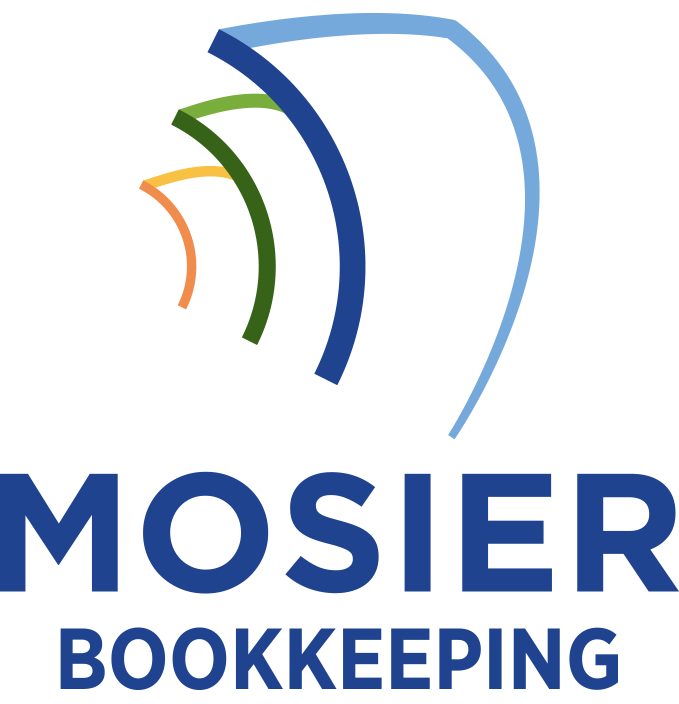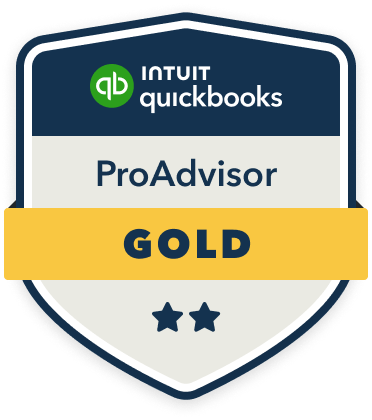I’ll explain why a bookkeeping system is vital for your small non-profit. It enhances financial transparency through detailed transaction tracking, simplifies tax compliance with organized records, and enables data-driven decisions through trend analysis. You’ll streamline grant management, strengthen donor relations, and implement robust fraud prevention measures. A systematic approach also helps you demonstrate fiscal responsibility and build trust with stakeholders. Let’s explore how these benefits can transform your organization’s financial management.
Enhanced Financial Transparency and Accountability

Proper bookkeeping serves as the foundation for financial transparency and accountability in non-profit organizations. I’ve found that implementing detailed financial records enables me to track every dollar’s movement, ensuring donors’ contributions are accurately documented and appropriately allocated. By maintaining meticulous transaction records, I can generate thorough reports that demonstrate my organization’s fiscal responsibility to stakeholders, board members, and regulatory bodies.
I leverage this systematic approach to build trust with funding sources, as I’m able to provide clear evidence of how resources support our mission. This accountability strengthens my position when seeking grants and validates my organization’s credibility.
Simplified Tax Compliance and Reporting
When non-profits maintain organized bookkeeping practices, their tax compliance and reporting processes become substantially more manageable. I’ll help you understand how proper bookkeeping streamlines your Form 990 preparation, guarantees accurate UBIT reporting, and preserves your tax-exempt status.
Through systematic record-keeping, you’ll track restricted and unrestricted funds, document your program expenses, and categorize revenue sources with precision. I’ve found that well-maintained books provide instant access to financial data for state registrations, grant requirements, and IRS inquiries. You’ll also strengthen your position during audits by presenting clear, chronological financial records that demonstrate your organization’s compliance with tax regulations.
Improved Decision Making Through Data-Driven Insights

Accurate bookkeeping empowers non-profit leaders to make strategic decisions based on real-time financial data analysis. I’ll show you how analyzing financial trends reveals opportunities to optimize resource allocation, identify funding gaps, and drive mission-critical initiatives. You’ll leverage detailed expense tracking to pinpoint cost-saving measures and streamline operations.
Through extensive financial reports, you can monitor program effectiveness, measure ROI on fundraising campaigns, and adapt your strategies swiftly. I emphasize that data-backed insights enable you to demonstrate impact to stakeholders, secure additional funding, and scale your organization’s reach. You’ll transform raw numbers into actionable intelligence that advances your mission.
Streamlined Grant Management and Donor Relations
I can help you understand how proper bookkeeping enhances your non-profit’s grant management and donor relations through systematic tracking of funding life cycles. Your ability to maintain clear allocation records guarantees every dollar is accurately documented from receipt to expenditure, meeting both grantor requirements and donor expectations. Through transparent spending reports, you’ll build trust with stakeholders while demonstrating your organization’s commitment to financial accountability and mission-focused resource utilization.
Tracking Funding Life Cycles
Every non-profit organization’s financial health depends on the careful tracking of funding life cycles through streamlined grant management and donor relations. I’ll show you how to maximize your funding efficiency by implementing robust tracking systems that monitor each grant’s progression from application to final report.
You’ll need to track key metrics including application deadlines, award dates, reporting schedules, and spending requirements. I recommend creating a centralized dashboard that displays real-time fund utilization, upcoming obligations, and compliance deadlines. This systematic approach guarantees you’ll capitalize on every funding opportunity while maintaining impeccable donor relationships and regulatory compliance.
Clear Allocation Records
Building on effective funding lifecycle tracking, clear allocation records serve as the backbone of streamlined grant management. I’ll show you how to leverage allocation documentation to maintain granular control over your funding streams. By implementing detailed records, you’ll trace every dollar from receipt to expenditure, strengthening your position with donors and regulatory bodies.
I recommend categorizing allocations by program, purpose, and restriction level. This empowers you to generate instant reports demonstrating compliance and impact. When you maintain pristine allocation records, you’ll command greater credibility in grant renewal discussions and build a powerful case for expanded funding opportunities.
Transparent Spending Reports
Transparent spending reports form the foundation of effective donor stewardship and grant compliance. I’ll show you how these reports strengthen your non-profit’s credibility and expand funding opportunities through detailed financial tracking.
| Report Type | Key Metrics | Strategic Value |
|---|---|---|
| Donor Impact | ROI, Outcomes | Increased giving |
| Grant Usage | Allocations | Compliance proof |
| Program Cost | Unit economics | Scale decisions |
You’ll leverage these reports to demonstrate fiscal responsibility, validate program effectiveness, and build trust with stakeholders. By maintaining thorough spending documentation, you’ll position your organization for sustainable growth while meeting regulatory requirements and donor expectations.
Better Budget Planning and Resource Allocation

Accurate bookkeeping enables non-profit organizations to develop data-driven budgets and optimize resource allocation across programs and initiatives. I’ll show you how this empowers your decision-making through historical spending analysis and trend identification. You’ll leverage detailed financial records to forecast future needs, identify cost-saving opportunities, and maximize your mission impact.
With precise tracking, you’ll strategically deploy resources where they generate the highest return on investment. You’ll make informed decisions about program scaling, staff allocation, and infrastructure investments. This data-driven approach guarantees your organization maintains financial sustainability while expanding its reach and effectiveness in serving your community.
Risk Management and Fraud Prevention
I emphasize that robust internal controls within your non-profit’s bookkeeping system serve as your first line of defense against financial misconduct. Through systematic monitoring of transactions, accounts, and financial activities, I’ll help you establish checkpoints that enable early detection of irregularities or suspicious patterns. Your organization’s implementation of these preventive measures, combined with regular financial audits, creates a protective framework that safeguards assets and maintains donor trust.
Internal Controls Matter
While non-profit organizations operate on trust and goodwill, robust internal controls serve as the foundation for protecting assets and maintaining donor confidence. I’ve seen how implementing strict segregation of duties, documented procedures, and regular audits can prevent financial mismanagement and fraud.
Key internal control measures I recommend:
- Requiring dual signatures on checks above predetermined thresholds
- Establishing clear approval processes for expenses and reimbursements
- Implementing regular bank reconciliations by someone independent of cash handling
With these controls, I’ve helped organizations strengthen their financial oversight, satisfy regulatory requirements, and build sustainable operations that inspire continued donor support and community trust.
Detecting Financial Irregularities
Proper bookkeeping plays a critical role in detecting financial irregularities before they escalate into major problems. I recommend implementing systematic reconciliation procedures and audit trails to identify discrepancies in real-time. By monitoring transaction patterns, I can spot unauthorized expenses, duplicate payments, or misappropriated funds.
Through detailed financial records, I’ll detect warning signs like missing documentation, altered figures, or unusual payment patterns. This vigilance helps me protect your non-profit’s assets and reputation. When I establish robust bookkeeping practices, I create a deterrent against fraud while ensuring early detection of any financial anomalies that could threaten your organization’s mission.









